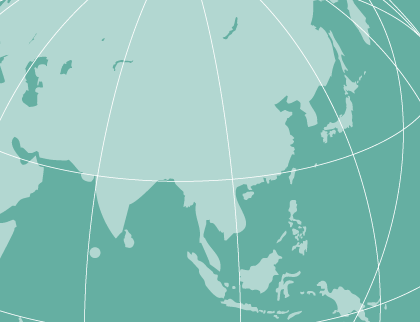Curriculum Development & Structure
The curriculum includes a Teacher Resource Book and a Student Activity Book, both designed to foster inquiry-based learning and community engagement. Structured into six thematic sections, it covers:
- Scientific investigation of plastic waste and microplastics
- Understanding plastic types, degradation, and bioplastics
- Health and environmental impacts of plastic pollution
- Policy frameworks including MARP OL and the Basel Convention
- Creative solutions like the 4Rs, storytelling, and video-making
- School-wide and community outreach through festivals and citizen science
This comprehensive approach ensures students not only learn about plastic pollution but also become active change agents in their communities.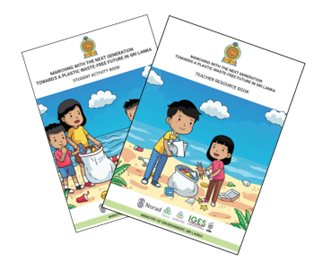
Whole School Approach & Pilot Implementation
The curriculum was piloted in three schools in Galle City, integrating environmental education into both academic subjects and school culture.
- Formal subjects like science, health, and social studies were enriched with sustainability themes
- Extracurricular activities included community clean-ups, student-led investigations, and environmental festivals
- Teachers and students collaborated to reduce single-use plastics and promote eco-friendly practices within and beyond school grounds
This holistic model fosters long-term behavioral change and builds a culture of environmental responsibility.
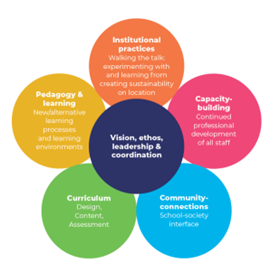
Training of Trainers (ToT) Workshops
To ensure successful rollout, two ToT workshops were conducted on 17–18 June 2025 and 3–4 July 2025, engaging over 110 participants including:
- School teachers
- Education officials
- Environmental officers
- Teacher trainers
These sessions provided hands-on training in both the scientific content and pedagogical strategies of the curriculum. Participants explored plastic pollution through experiments, policy discussions, and creative engagement methods like role-play and community mapping.
Workshop 1: 17-18 June 2025
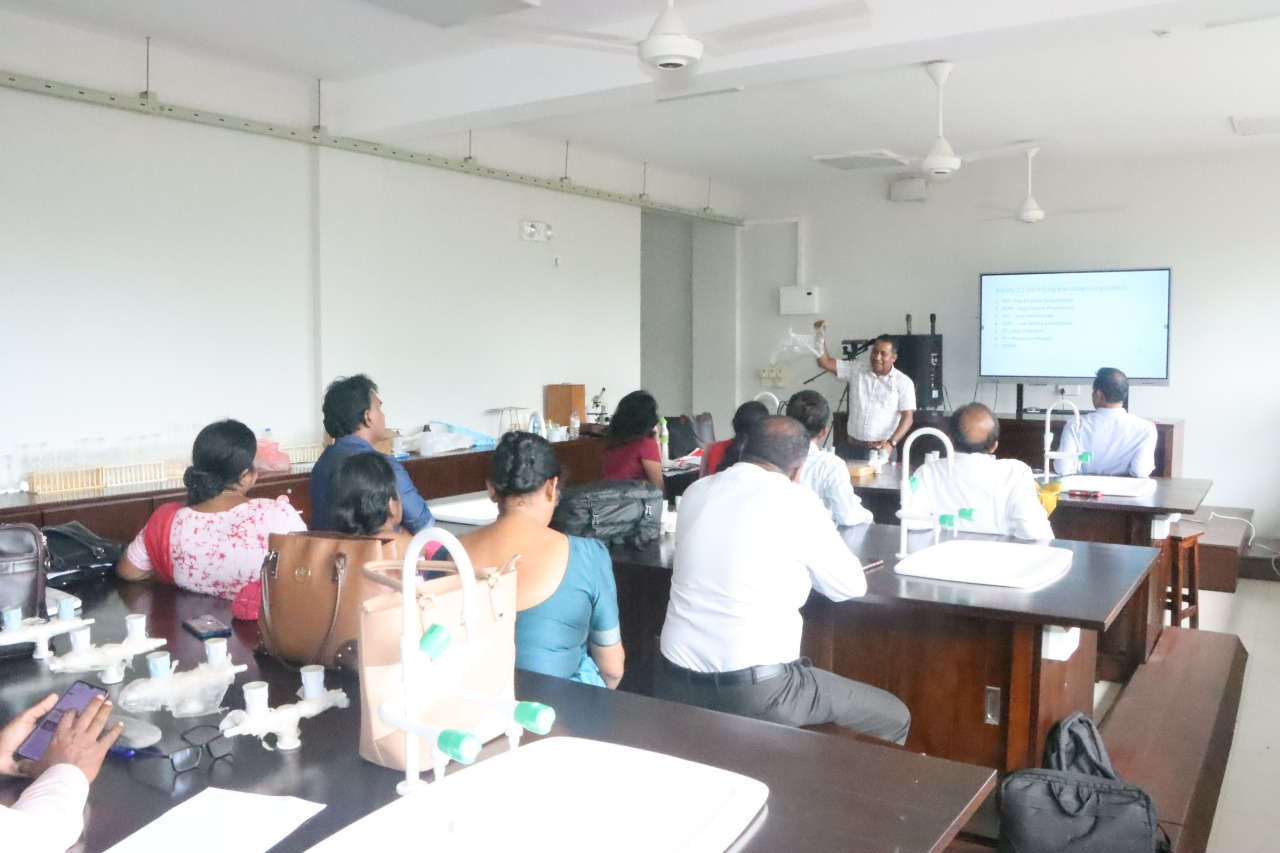
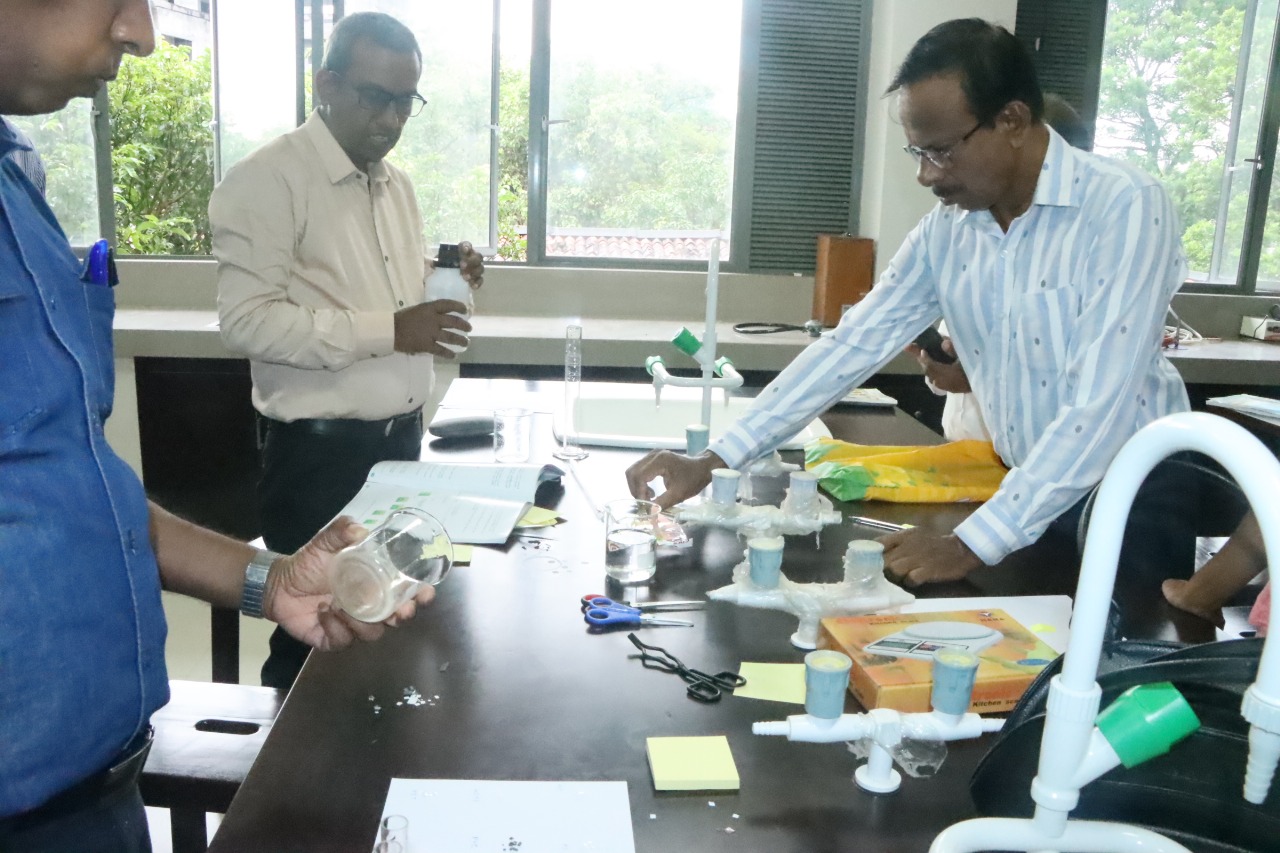
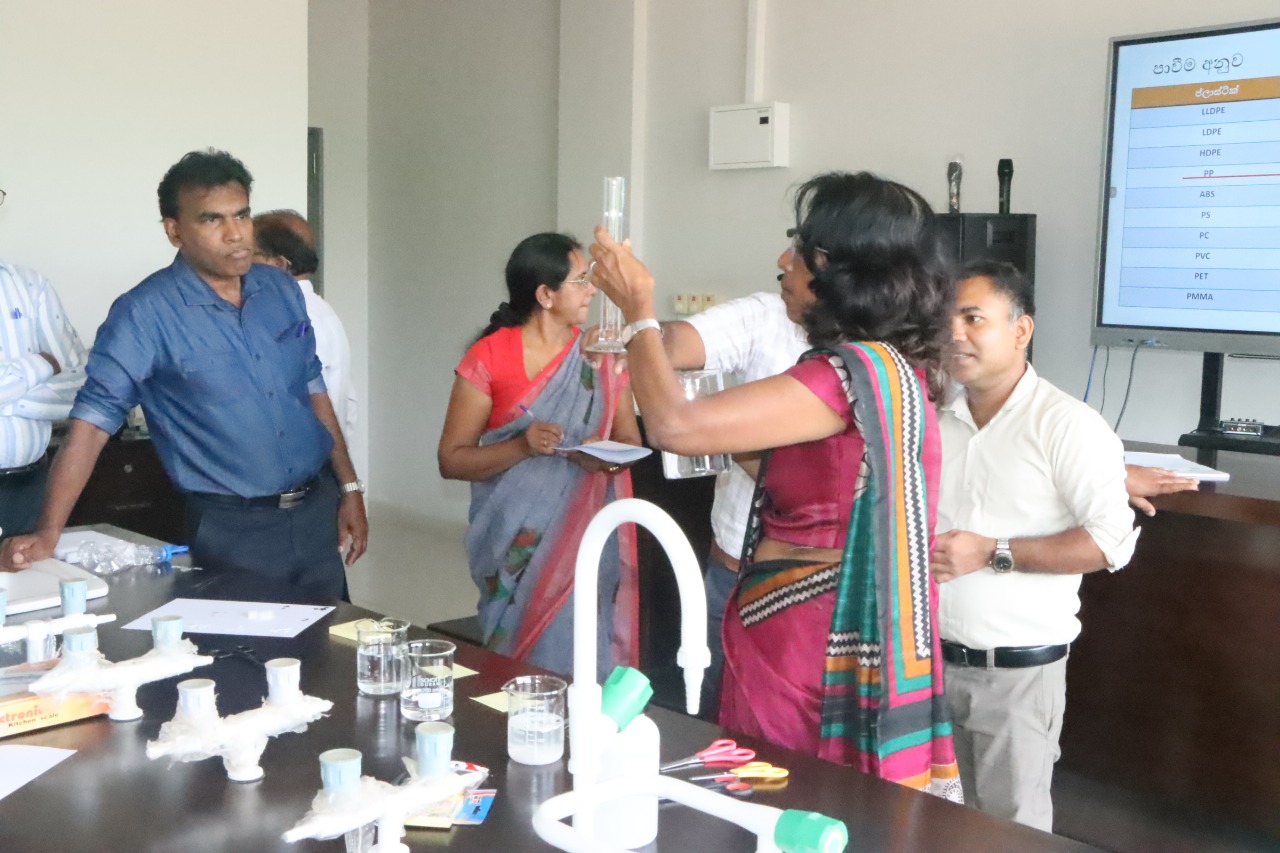
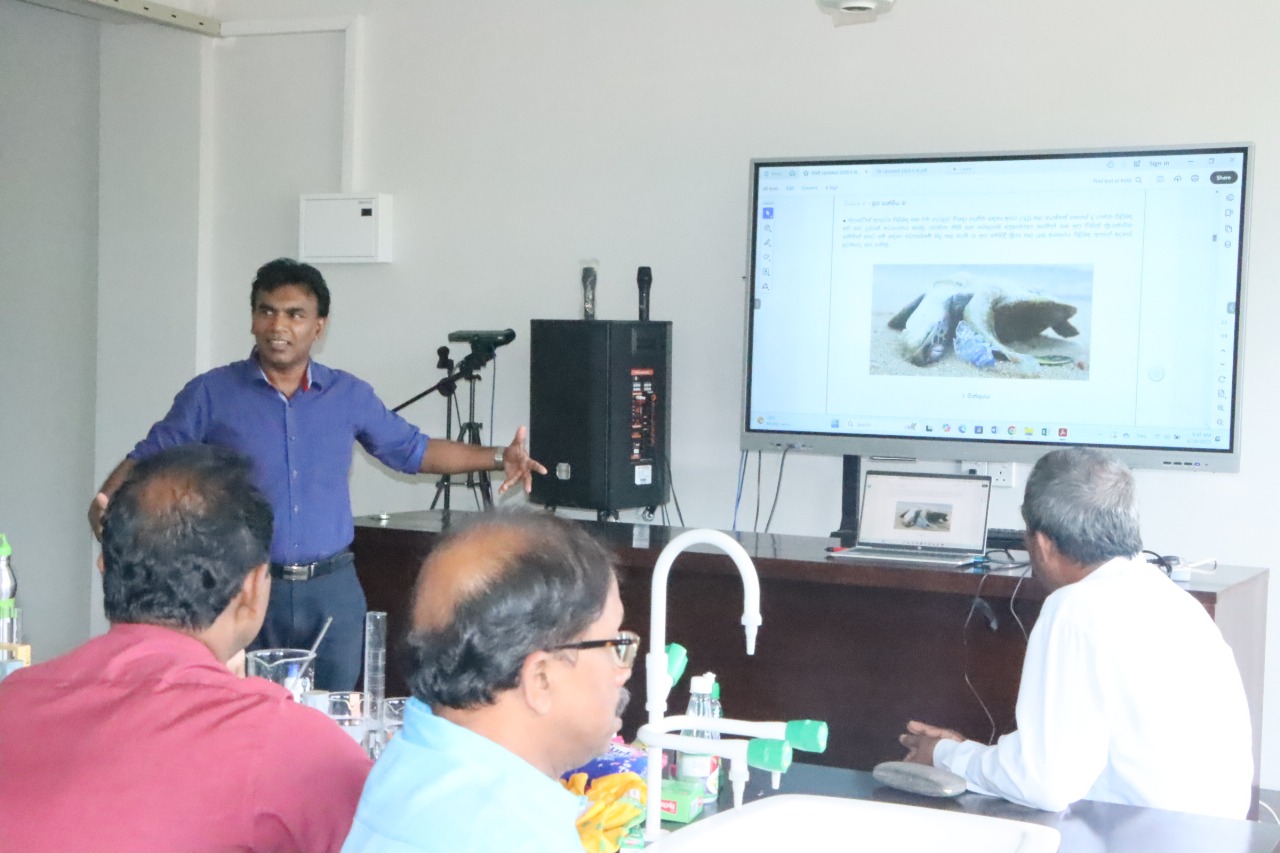
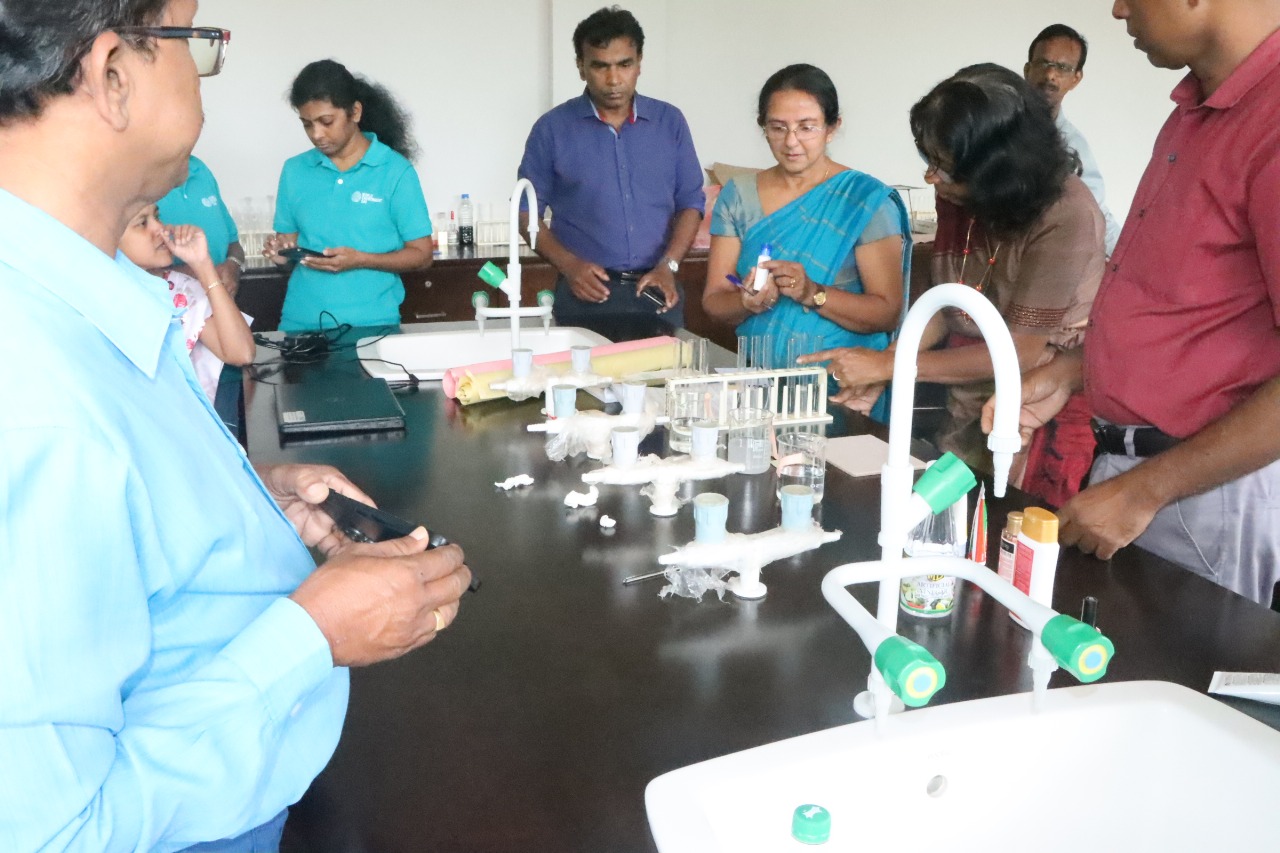
Workshop 2: 3-4 July 2025
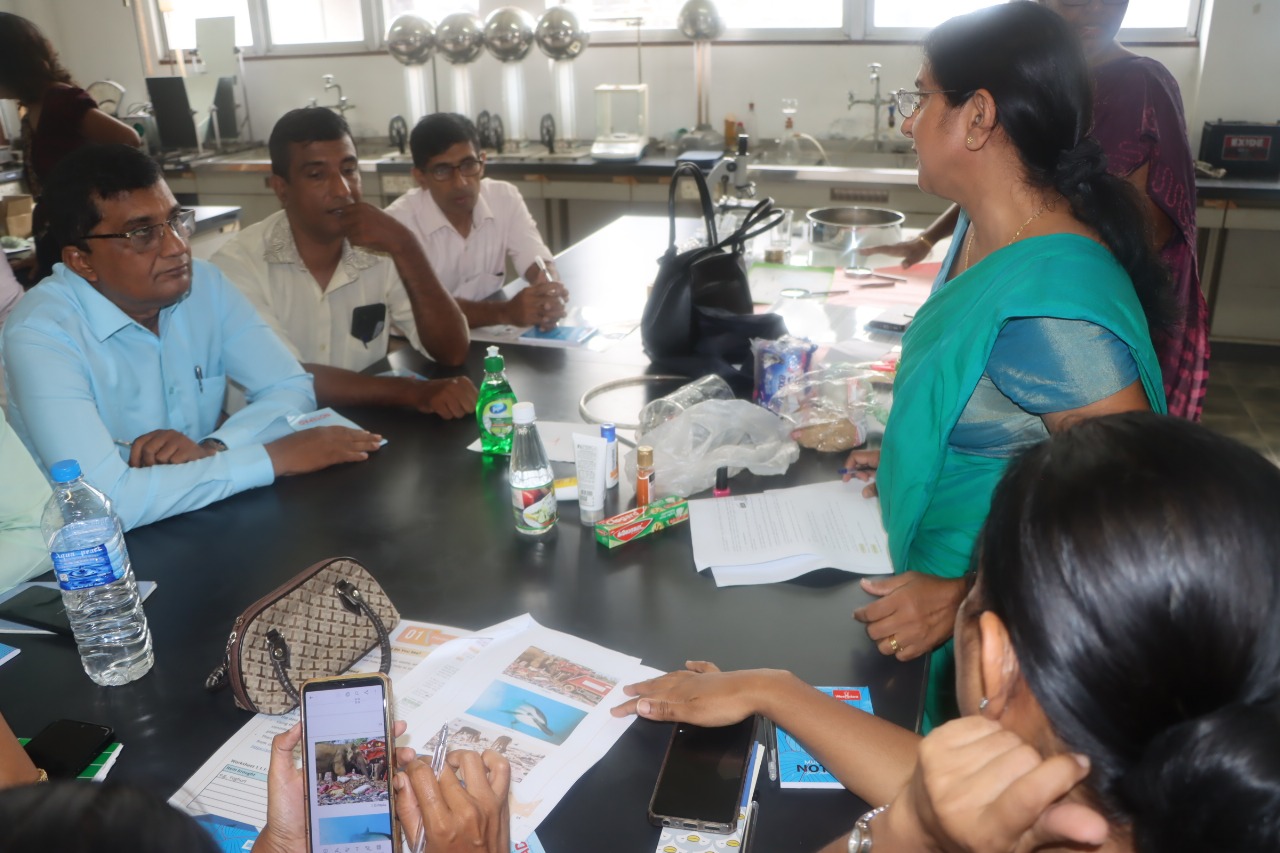
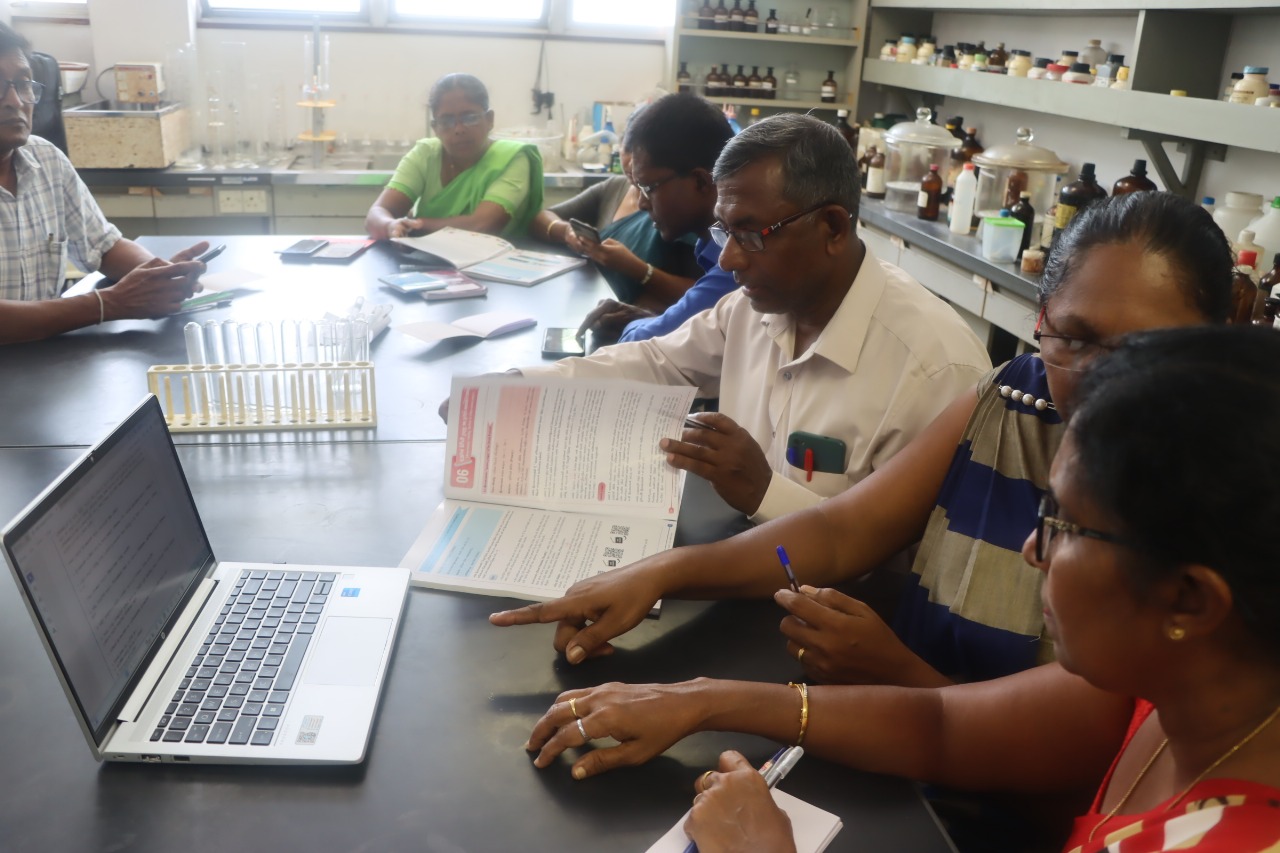
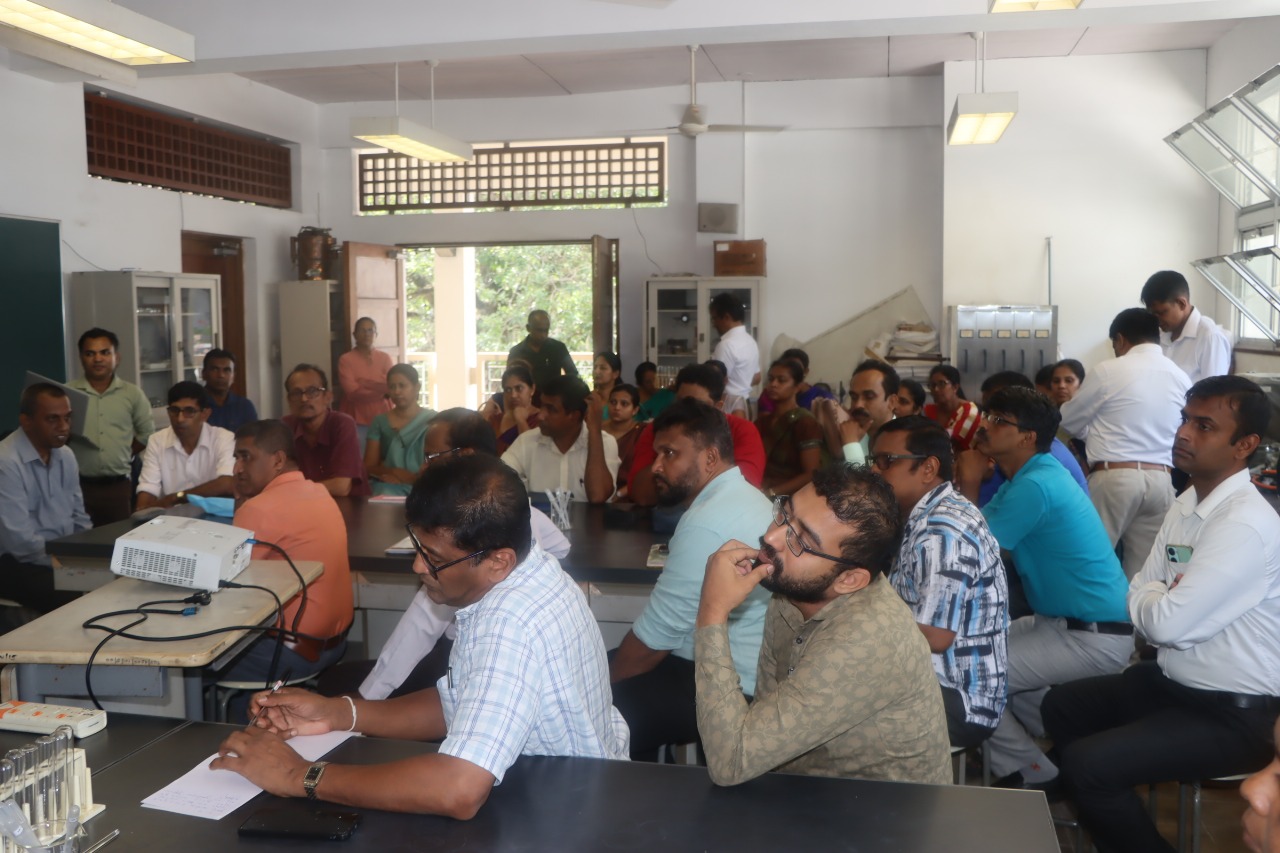
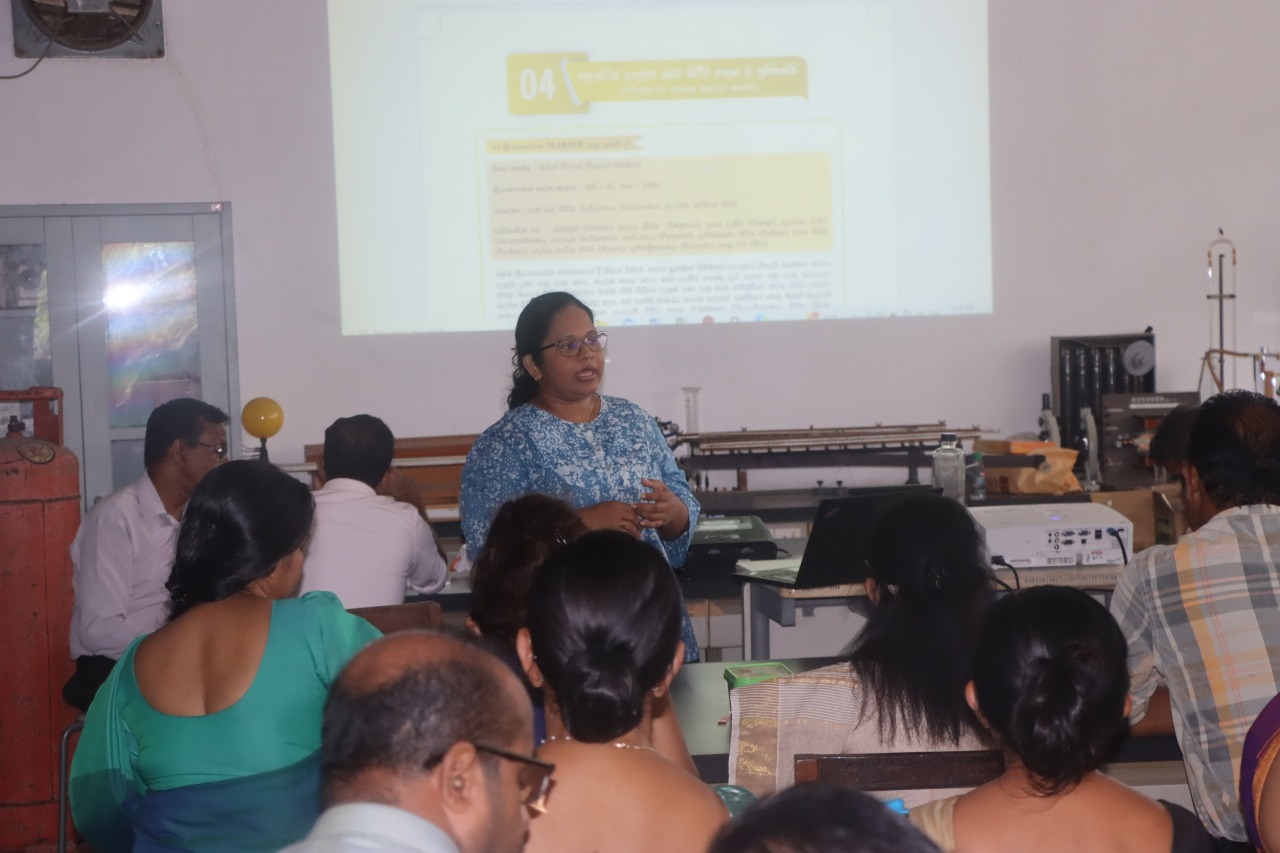
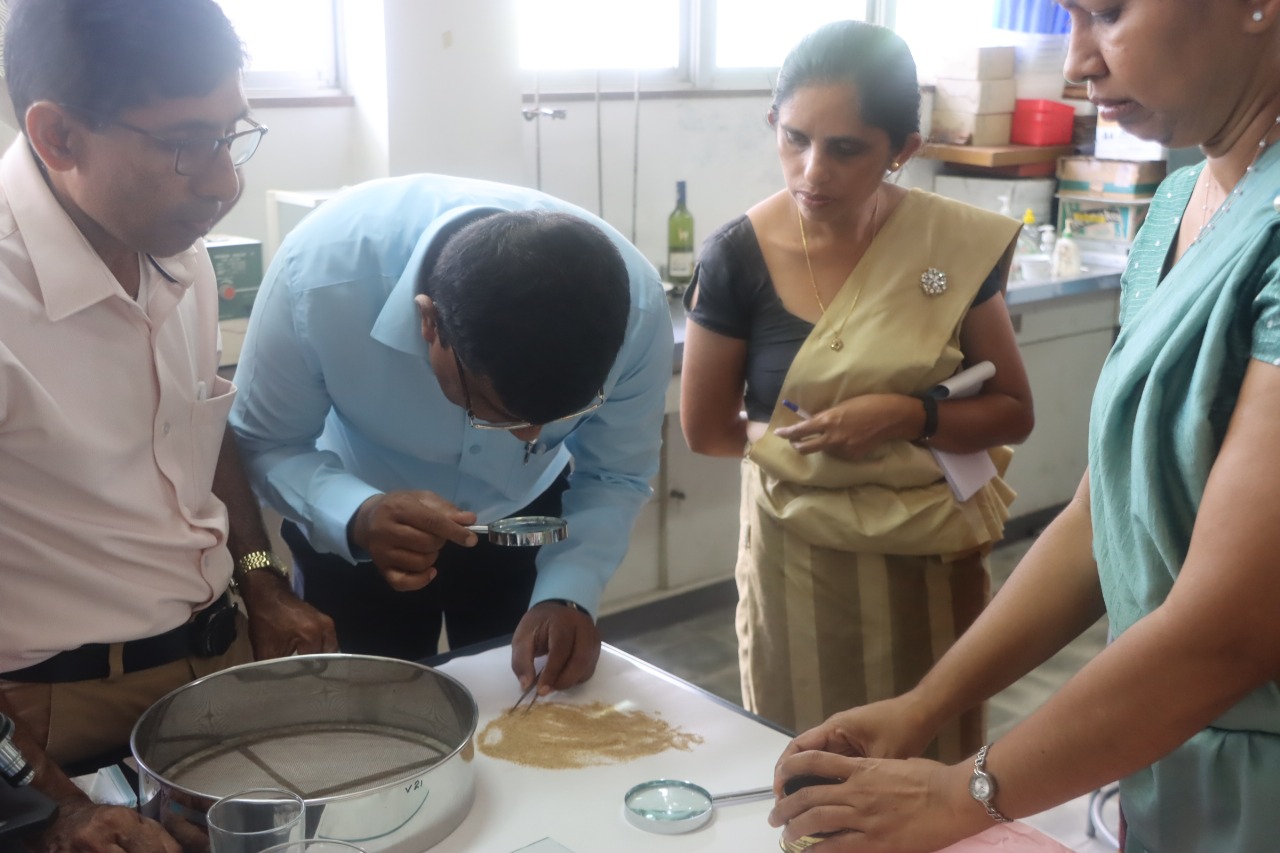
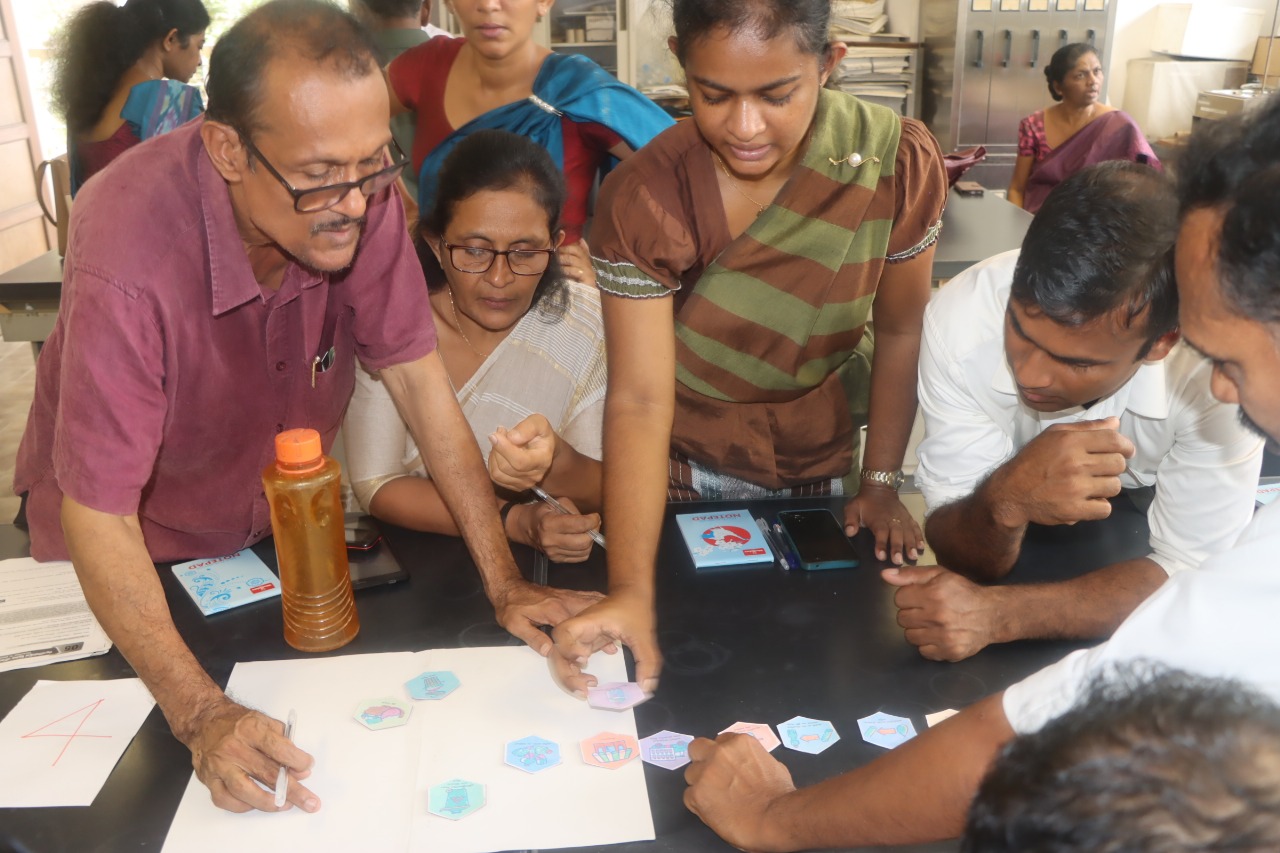
National-Level Application through Science Field Study Centers
To scale the impact nationwide, the curriculum materials will be integrated into Science Field Study Centers operated by the Science Division of the Ministry of Education, Higher Education, and Vocational Education.
- These centers support extracurricular learning focused on plastic waste management
- They collaborate with schools across Sri Lanka to promote hands-on environmental education
- Activities are facilitated through environmental clubs, science societies, and student-led platforms, encouraging youth leadership and community involvement
This national initiative strengthens behavioral change through experiential learning, ensuring that environmental education reaches students far beyond the classroom.
Alignment with National and Global Goals
The initiative supports Sri Lanka’s National Action Plan on Plastic Waste Management (2021–2030) and contributes to key Sustainable Development Goals (SDGs):
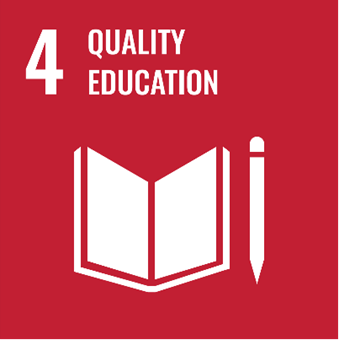
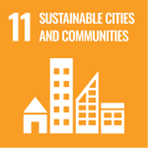
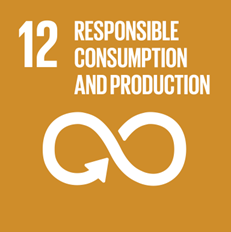
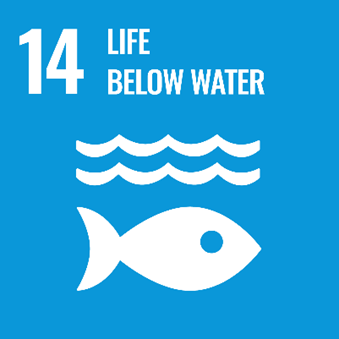
By embedding sustainability into education, the project lays the groundwork for a more environmentally conscious generation.


